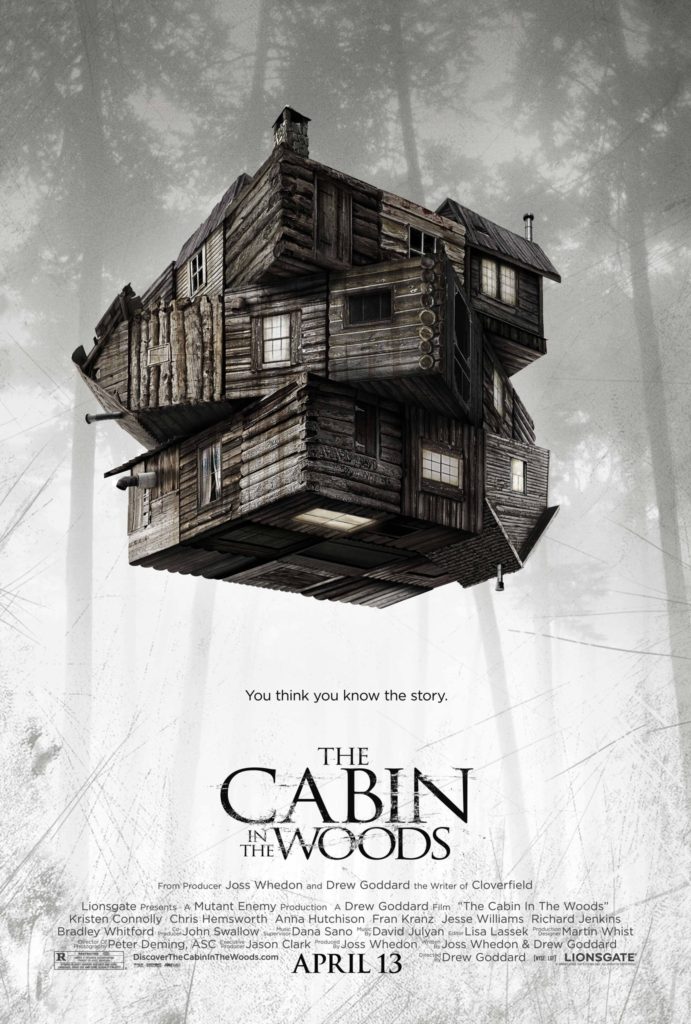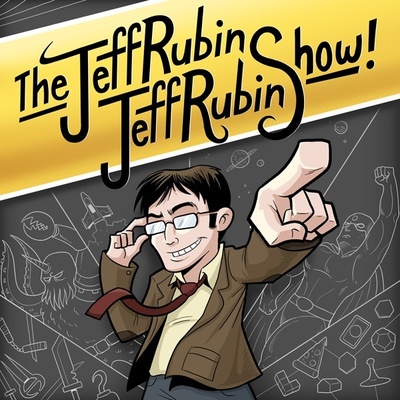I don’t like the term self care.
I know a lot of young people who use it, expecting that the responsibilities they’re shirking will just go away if they use it (or mental health day) as a code word. And then I have to be like, okay, but your paper was still due last week.
It also strikes me as a fairly privileged thing to say. When poor people take time for themselves or buy themselves that coffee as a treat, we call them lazy. We tell them they wouldn’t be poor if not for that coffee. We begrudge them necessities (you don’t need a phone! a car!), so of course we don’t tell them to take care of themselves, except when we’re saying we won’t be helpful at all; then, it’s a harsh command.
But maybe I just don’t like the term because it doesn’t motivate me to take care of myself.
It’s so hard to relax that it stresses me a little to think I have to do it.
Over the years, though, I have gotten better at it. A little.
I remind myself that I’m the machine that has to keep working. This machine needs food, exercise, sleep, rest, friends.
Part of what’s hard is that my schedule changes every ten weeks, so I have to recalculate each term–when can I commit to walking? How can I get enough sleep when I have an early class and a late one (and those other three)?
But I’m trying to make positive changes.
I’m taking myself to more plays and movies.
Some days, when Thoth comes to me and asks me to lie down with him, I give in. (He asks by climbing on to the back of my desk chair, moving down to my lap, and then trying to climb up the front of me.)
I’m realizing that I need a day each week when I don’t have anything social to do–hopefully one in which I don’t teach, either. On this day, I will be able to really focus on my work, so the days that follow are easier.
I need more sleep than I’m getting. So I need to get to bed earlier. I’m going to have to say no to things that keep me out late. This will make it difficult to do some of the cultural stuff I love, to see some of the friends I love.
But I’m bone tired and achy all over, and I gotta keep getting through the day.







Recent Comments